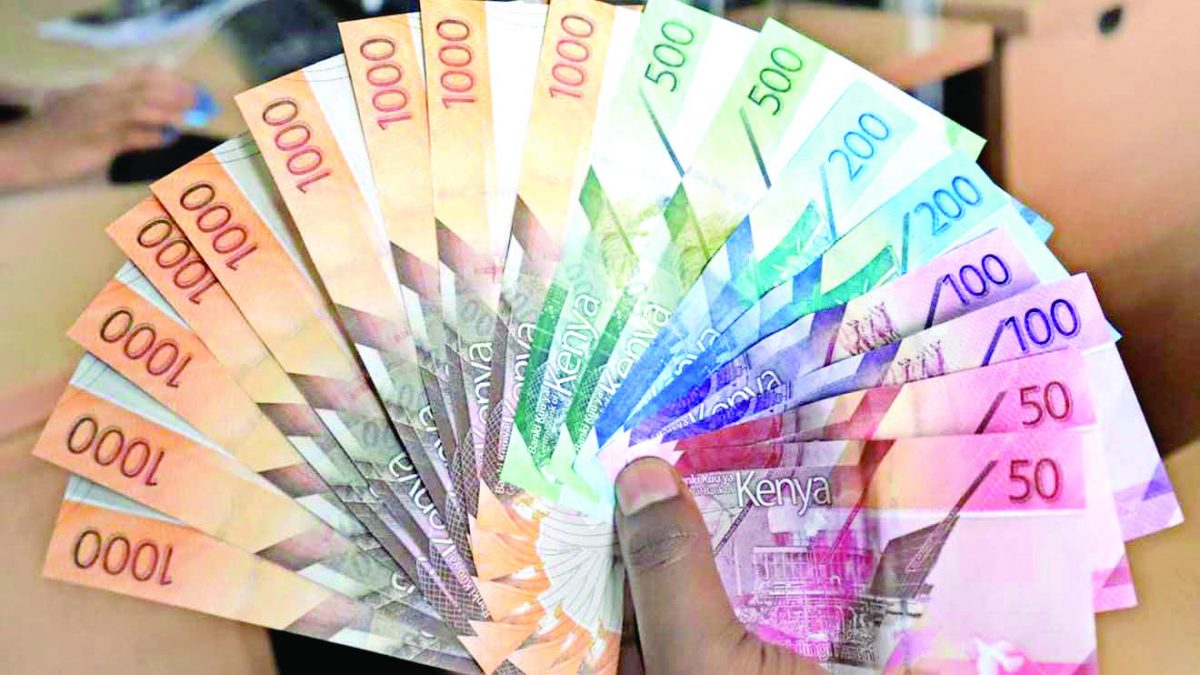Shilling expected to hold at Sh85 against US dollar on Kenya-UAE oil deal

EXCHANGE: The government expects Kenya shilling to gain strength and stand at Sh85 per dollar in the coming days following a deal with the United Arab Emirates (UAE) to delay payments for oil imports by up to a year.
The move is expected to ease pressure on dollar demand and stabilise the shilling in the short term, which has been weakening in recent weeks to hit Sh127 against the green buck.
Some traders, however, say that the actual exchange for customers is much more. Reports of Kenyan firms seeking dollars from Tanzania emerged yesterday. Energy and Petroleum Cabinet Secretary Davies Chirchir announced that from next month, Kenya will start importing fuel on credit from the UAE through the State-owned National Oil Corporation (NOCK).
Under the government-to-government deal, Kenya will import 30 per cent of its monthly fuel requirements, which account for 28 per cent of the country’s monthly imports. The credit agreement is expected to ease the foreign exchange crisis and stabilise the shilling, which has been under pressure due to high demand for the US dollar.
The delayed payments will reduce the amount of hard currency required to purchase oil, hence reducing demand for the dollar in the market.
In the current budget, the expenditure on imported stuff increased by 16 per cent to Sh2.49 trillion due to the high cost of importing fuel and foodstuff, showing the dent imported fuel has on the economy every month. The import bill is close to 70 per cent of the budget for the current year ending June.
Moses Kuria, Investments, Trade, and Industry Cabinet Secretary in a statement, expressed optimism that the shilling would gain strength following the agreement.
Fuel supply chain
“My distinguished colleague Davies Chirchir is working hard to restructure the fuel supply chain in order to ease the pressure on the shilling. He is imminently succeeding after which I see an exchange rate of Sh85 to the dollar,” he said.
The deal will also help ease the burden on the government’s budget, which has been struggling to cope with the high cost of oil imports. The government has been forced to spend a considerable amount of foreign exchange reserves to meet its oil import obligations, hence putting pressure on the shilling.










